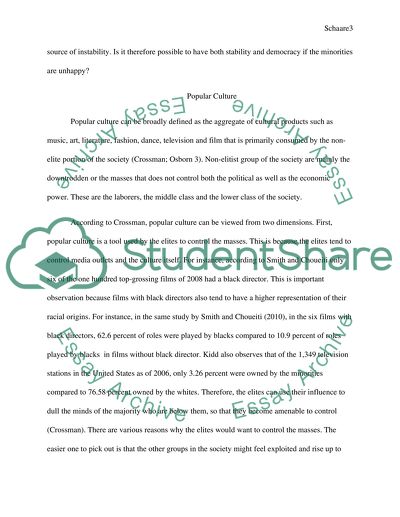Cite this document
(“Security and democracy. Can you have both Hows does popular culture Research Paper”, n.d.)
Retrieved from https://studentshare.org/social-science/1666021-security-and-democracy-can-you-have-both-hows-does-popular-culture-and-star-wars-tell-us-that-you-cannot
Retrieved from https://studentshare.org/social-science/1666021-security-and-democracy-can-you-have-both-hows-does-popular-culture-and-star-wars-tell-us-that-you-cannot
(Security and Democracy. Can You Have Both Hows Does Popular Culture Research Paper)
https://studentshare.org/social-science/1666021-security-and-democracy-can-you-have-both-hows-does-popular-culture-and-star-wars-tell-us-that-you-cannot.
https://studentshare.org/social-science/1666021-security-and-democracy-can-you-have-both-hows-does-popular-culture-and-star-wars-tell-us-that-you-cannot.
“Security and Democracy. Can You Have Both Hows Does Popular Culture Research Paper”, n.d. https://studentshare.org/social-science/1666021-security-and-democracy-can-you-have-both-hows-does-popular-culture-and-star-wars-tell-us-that-you-cannot.


